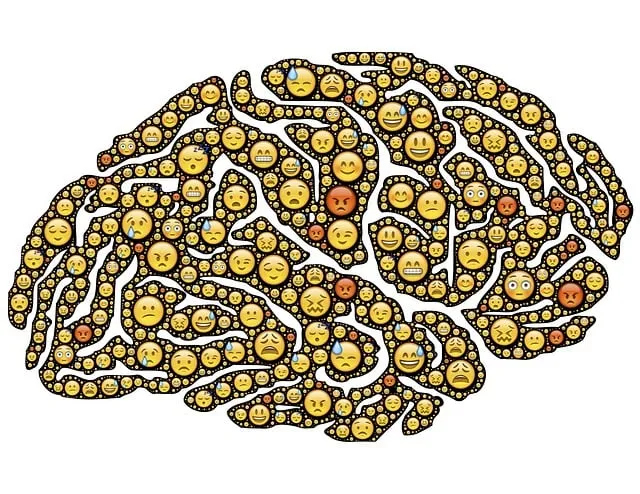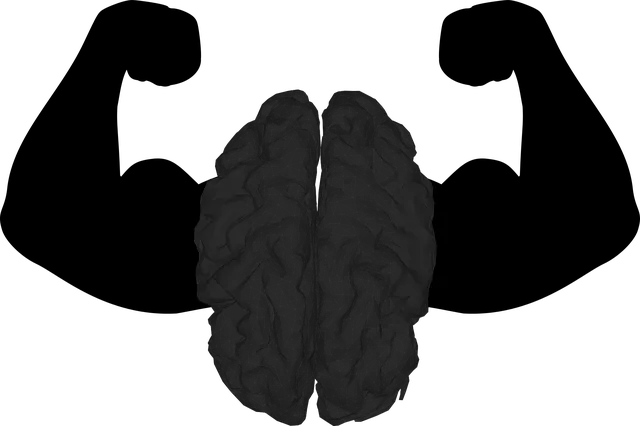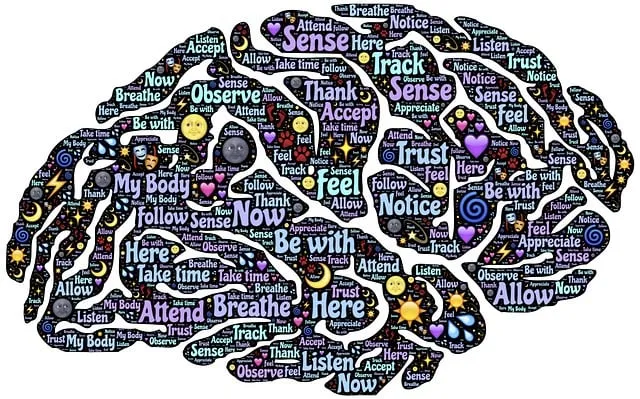The Wheat Ridge Kaiser Permanente Mental Health Access Center is dedicated to culturally sensitive and competent care, recognizing diverse patients' unique needs. They achieve this through language translation services, professional cultural navigators, Mind Over Matter principles, and coping skills development. Their robust risk management planning ensures safe, inclusive spaces fostering trust and open communication. Comprehensive strategies include cultural competency training for staff, incorporating preferred languages and communication methods, and open discussions about cultural identity to enhance anxiety relief, mood management, and program success.
In today’s diverse society, cultural sensitivity is paramount in mental healthcare. This article explores the essential role of cultural competence, drawing insights from the Wheat Ridge Kaiser Permanente Mental Health Access Center—a leading example of effective cultural integration. We’ll delve into strategies to enhance sensitivity, ensuring inclusive practices that cater to a wide range of patients. Understanding and navigating these cultural nuances are key steps towards revolutionizing mental healthcare accessibility.
- Understanding Cultural Sensitivity in Mental Healthcare
- The Impact of Cultural Competence at Wheat Ridge Kaiser Permanente Mental Health Access Center
- Strategies for Enhancing Cultural Sensitivity in Practice
Understanding Cultural Sensitivity in Mental Healthcare

Cultural sensitivity in mental healthcare is a cornerstone principle at institutions like Wheat Ridge Kaiser Permanente’s mental health access center, reflecting a deep understanding that cultural context plays a pivotal role in healing and wellness. It involves recognizing and appreciating the diverse beliefs, values, and practices of individuals from various backgrounds, ensuring that care is tailored to meet their unique needs. This approach transcends merely providing language translation services; it requires professionals to be adept at navigating complex cultural nuances, including unspoken rules and taboos surrounding mental health.
By incorporating Mind Over Matter Principles and fostering Coping Skills Development, Wheat Ridge Kaiser Permanente empowers individuals from diverse cultural backgrounds to thrive. Moreover, their robust Risk Management Planning for Mental Health Professionals underscores a commitment to creating safe, inclusive spaces where every patient feels heard and respected. This holistic approach not only enhances therapeutic outcomes but also cultivates trust, ensuring that care is accessible and meaningful for all.
The Impact of Cultural Competence at Wheat Ridge Kaiser Permanente Mental Health Access Center

At Wheat Ridge Kaiser Permanente Mental Health Access Center, cultural sensitivity and competence are at the forefront of their practice. The center recognizes that mental health care must be tailored to meet the unique needs of diverse patient populations. By incorporating culturally responsive practices, they aim to create a safe and inclusive environment for individuals from various ethnic, racial, and cultural backgrounds. This approach has significantly impacted positive outcomes among patients, fostering trust and encouraging open communication.
The center’s commitment to cultural sensitivity is evident in their Public Awareness Campaigns Development and Communication Strategies. They organize events and workshops that promote mental health discussions within the community, ensuring these conversations are accessible and relevant to all. Moreover, their adherence to Mind Over Matter Principles empowers individuals to take charge of their mental well-being through education, self-care, and supportive networks. These initiatives not only enhance public awareness but also contribute to breaking down barriers in accessing mental healthcare services.
Strategies for Enhancing Cultural Sensitivity in Practice

Enhancing cultural sensitivity in mental healthcare requires a multifaceted approach, especially within diverse communities like those served by institutions like Wheat Ridge Kaiser Permanente Mental Health Access Center. One key strategy is cultural competency training for mental health professionals. This involves learning about different cultural beliefs, values, and practices related to mental health and well-being, including understanding how these can influence the perception and expression of psychological distress. Such training equips practitioners with skills to adapt their approaches, ensuring that interventions are respectful and relevant to each client’s background.
Additionally, incorporating clients’ preferred languages and communication methods is essential. This might involve providing translation services, using culturally appropriate materials, or learning basic phrases in a client’s native language. Encouraging open discussions about cultural identity and its impact on mental health experiences can also foster trust and facilitate more meaningful therapy. These practices not only improve anxiety relief and mood management but also contribute to the overall success of mental wellness coaching programs development.
Cultural sensitivity is an indispensable aspect of high-quality mental healthcare, as demonstrated by the success of initiatives at the Wheat Ridge Kaiser Permanente Mental Health Access Center. By prioritizing cultural competence, this center has significantly improved patient outcomes and experiences. Integrating diverse perspectives and practices benefits not only individual patients but also fosters a more inclusive and equitable healthcare system overall. To enhance cultural sensitivity in mental healthcare practice, professionals should embrace continuous learning, promote cross-cultural communication, adapt therapeutic approaches, and actively engage with communities to address unique cultural needs.





